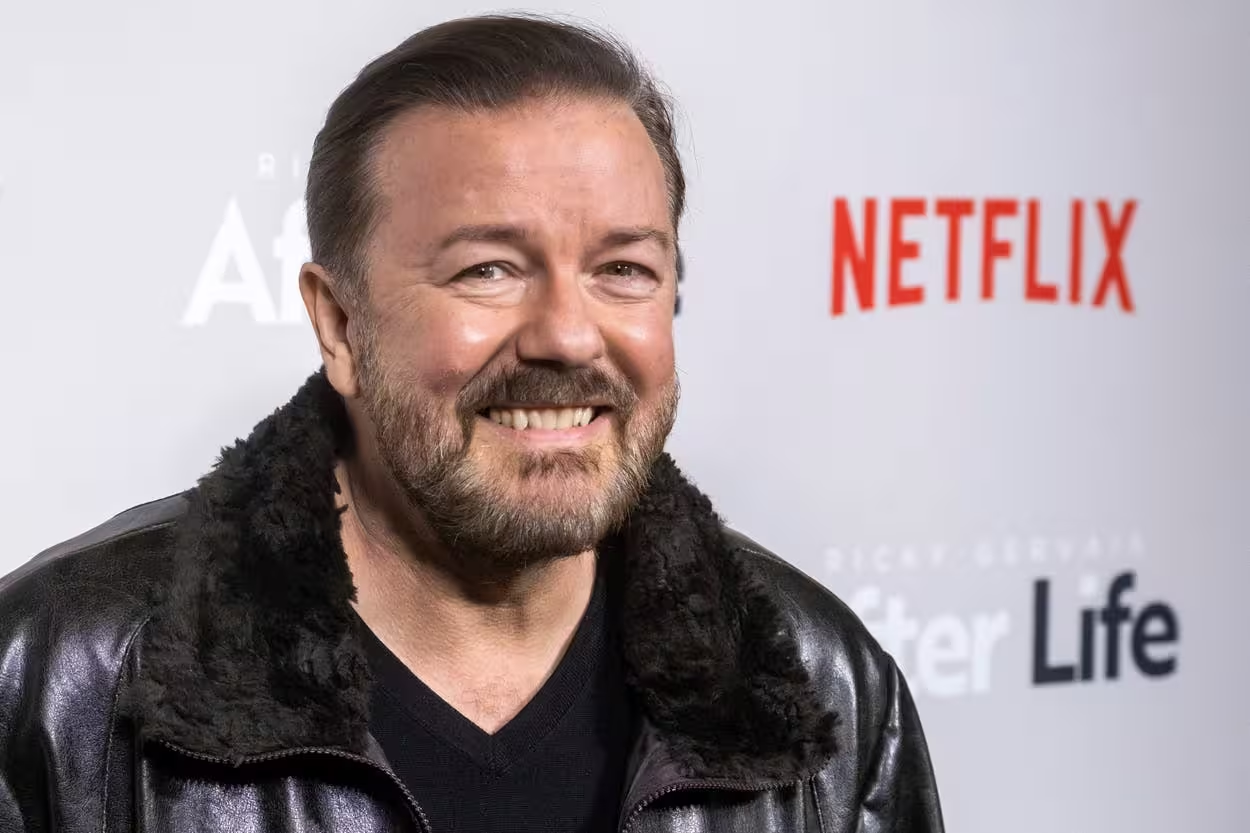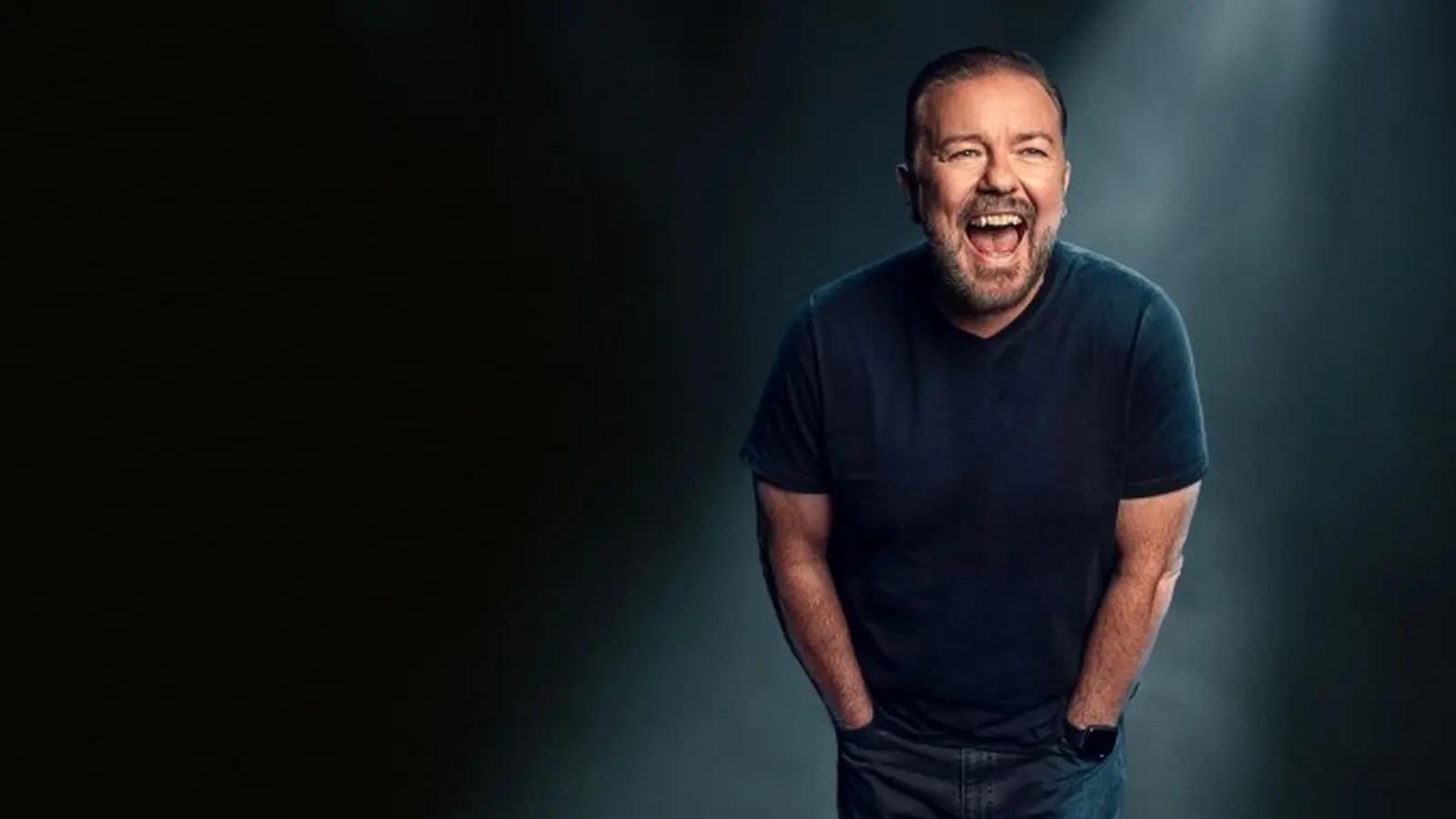3 Minutes
Ricky Gervais quietly deleted several social posts after a wave of political commentary at the 2025 Emmy Awards reignited an old argument about whether awards stages should be used for activism.
At the heart of the discussion was Hannah Einbinder, the Hacks actor who accepted the Emmy for Outstanding Supporting Actress in a Comedy Series and concluded her speech with the line, “f**k ICE and free Palestine.” The remark, carried widely by social video and media outlets, followed other on-camera comments at the ceremony — including Javier Bardem’s remarks on the Emmys red carpet — that touched on the ongoing war in Gaza. The moment pushed a familiar debate back into public view: when do acceptance speeches cross from personal conviction into broad political intervention?
Gervais—whose most memorable Golden Globes monologue in 2020 included a now-often-cited plea not to “use [an award] as a political platform”—posted a throwback clip and quotes from that routine on X/Twitter in the hours after the Emmys. He also retweeted a user who invoked one of his harsher Globes lines. Within a day, those posts and one directly commenting on Einbinder’s words were removed, prompting commentary that the comedian had reconsidered his stance in light of the humanitarian and geopolitical sensitivities tied to the Gaza conflict.
Einbinder later clarified in a backstage press exchange that her remarks came from her perspective as a Jewish person and from a desire to distinguish Jewish identity from the policies of the Israeli state. The exchange illustrates the complexity award shows now face: they are both entertainment events and high-visibility cultural moments where artists’ personal politics meet an international audience.

This episode fits a longer trend. Over the past decade, awards ceremonies from the Oscars to the Globes and Emmys have become recurring platforms for political statements — think of major speeches that addressed climate, race or human rights. Networks and streaming platforms have wrestled with how to manage viewer expectations, advertiser concerns and the creative community’s appetite for speaking out. Some viewers respond with praise for candor; others want a clearer separation between art and activism.
Gervais’ intervention echoes his previous stance at the Golden Globes, but his social media backtrack is notable: unlike the headline-making monologues he has delivered as a host, this time his reaction circulated briefly and then disappeared, signaling either second thoughts or a strategic retreat. Fans and critics were divided online; some defended Einbinder’s right to speak, others echoed Gervais’ call for restraint during acceptance speeches.
For awards-watchers and industry observers, the incident is another reminder that ceremonies now carry geopolitical weight. Whether producers will change format or enforcement remains to be seen, but the conversation about where entertainment ends and public advocacy begins is far from over.
A brief concluding note: moments like this rarely settle the debate. They do, however, illuminate how ceremony, celebrity and global issues intersect in an age when every clip can become a worldwide talking point.
Source: deadline


Leave a Comment